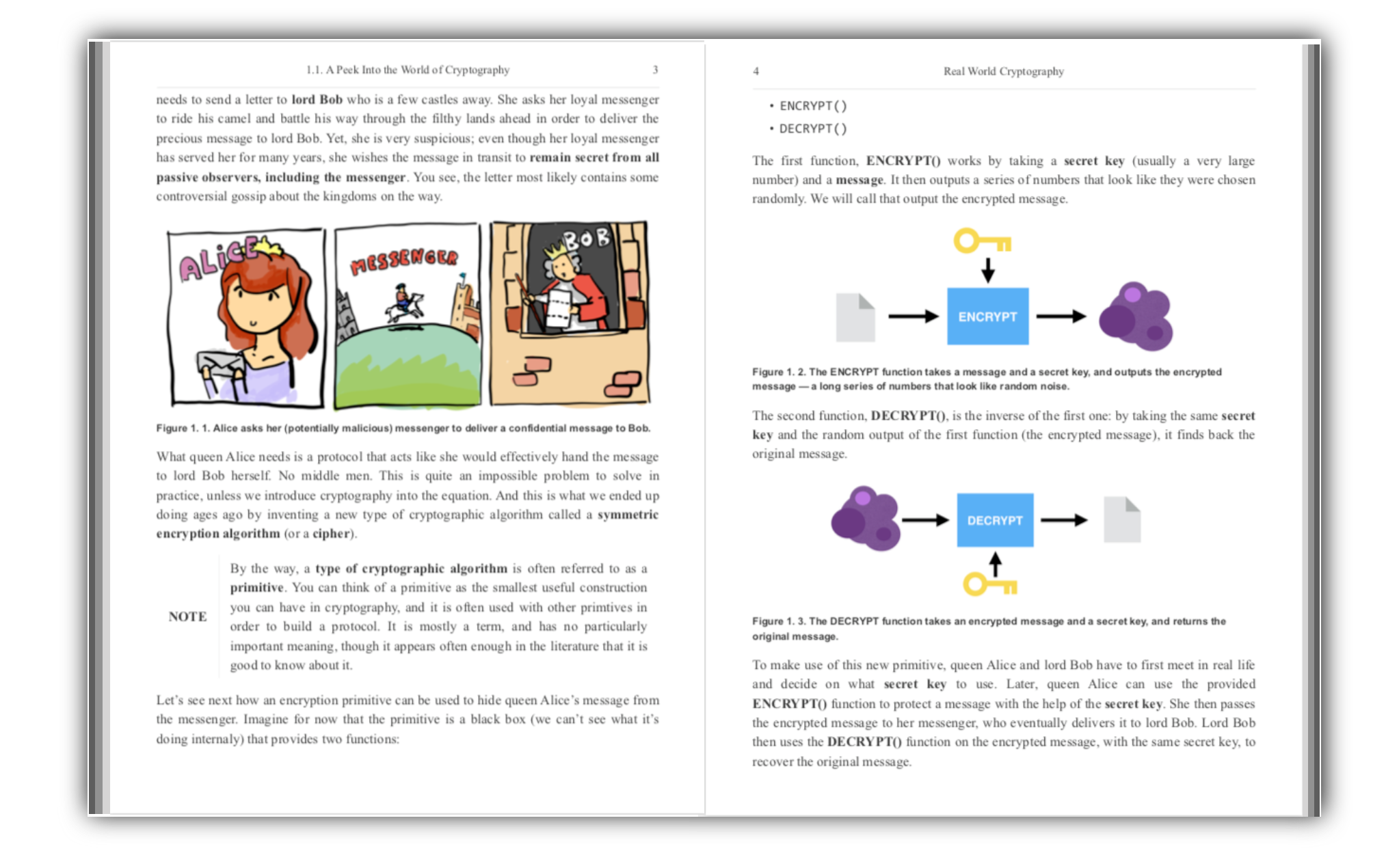Zero-knowledge proofs in stateful applications posted January 2024
Something that might not be immediately obvious if you're not used to zero-knowledgifying your applications, is that the provable circuits you end up using are pure functions. They do not have access to long-lasting memory and cannot have side effects. They just take some input, and produce some output.
Note: circuits are actually not strictly pure, as they are non-deterministic. For example, you might be able to use out-of-circuit randomness in your circuit.
So when mutation of persistent state is needed, you need to provide the previous state as input, and return the new state as output. This not only produces a constraint on the previous state (time of read VS time of write issues), but it also limits the size of your state.
I've talked about the first issue here:
The problem of update conflicts comes when one designs a protocol in which multiple participants decide to update the same value, and do so using local execution. That is, instead of having a central service that executes some update logic sequentially, participants can submit the result of their updates in parallel. In this situation, each participant locally executes the logic on the current state assuming that it will not have changed. But this doesn't work as soon as someone else updates the shared value. In practice, someone's update will invalidate someone else's.
The second issue of state size is usually solved with Merkle trees, which allow you to compress your state in a verifiable way, and allow you to access or update the state without having to decompress the ENTIRE state.
That's all.


Comments
leave a comment...